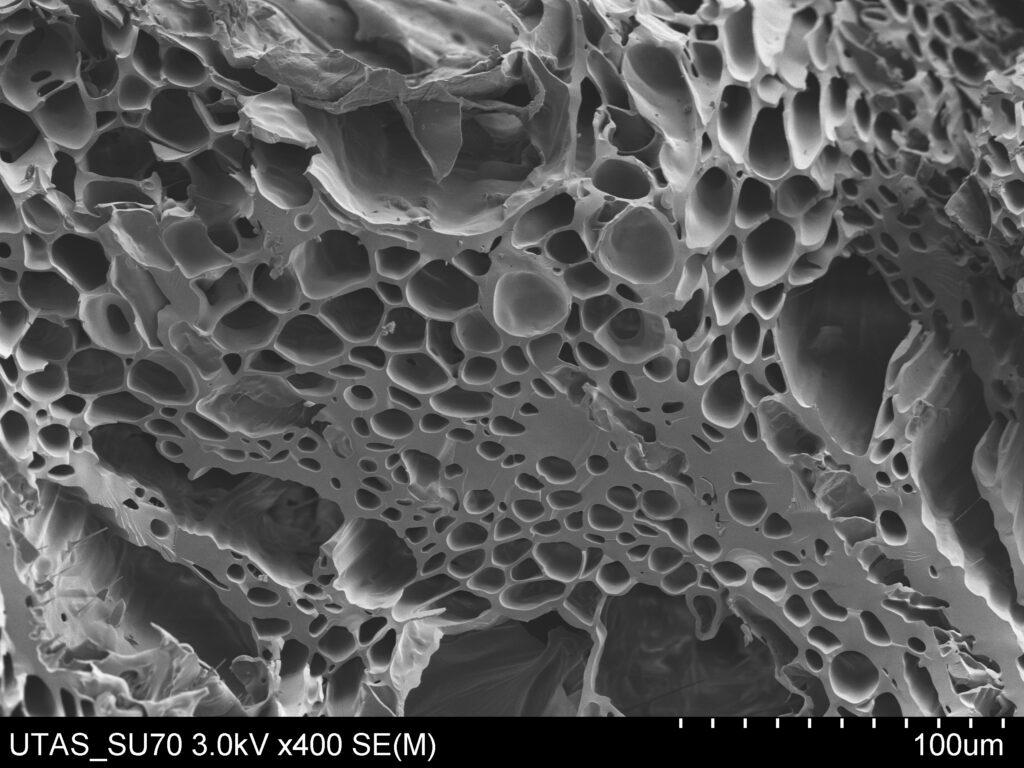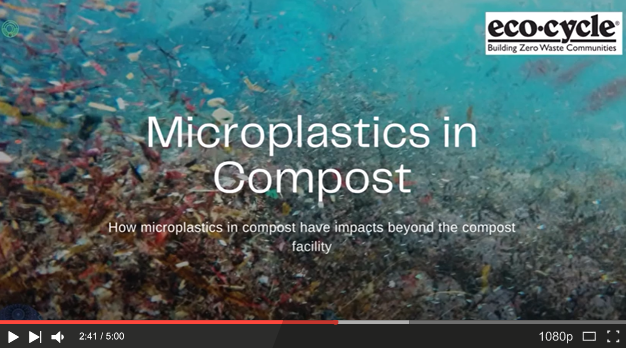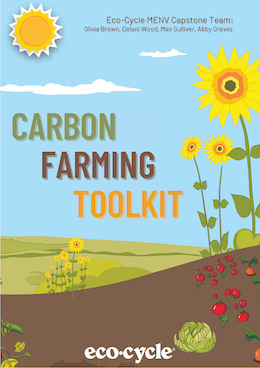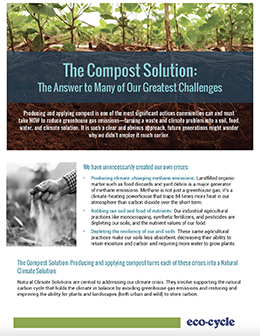What is biochar and how is it used?
Biochar is nearly pure organic carbon. It has many existing and potential uses, from soil amendment to carbon filter media to cattle feed additive for reducing methane emissions.
Biochar is made by heating high-carbon organic materials like wood waste in the absence of oxygen (pyrolysis). Charcoal and activated carbon are produced in much the same way, essentially differing only in particle size and end use of the finished product.
A House for Soil Microbes
Biochar is inert; a microscope reveals a honeycomb structure that remains after pyrolysis. Its value as a soil amendment is that the honeycomb cells can “house” beneficial soil microbes and allow them to reproduce, which in turn helps plants to increase photosynthesis.
Pictured: Honeycomb structure of biochar as viewed under an electron microscope.
Photo courtesy of Dr. Jocelyn at Biochar Project.
Many small-scale studies of biochar usage have been conducted, but we still have much to learn about it. Biochar may especially hold promise to improve highly degraded soils and to capture and sequester heavy metals in mine reclamation projects.
Benefits of Biochar in a Circular Economy
Biochar creates an important purpose for beetle-killed trees currently being mulched or landfilled.
Boulder County—and the arid western US in general—produces more high-carbon organic waste than can be used in compost production alone. In a forest, dead trees are best left to decompose naturally. However, fire mitigation practices around structures in fire-prone areas, removal of beetle-killed urban trees, and landscape management in general are all examples of sources of woody waste that we generate. Much of this material is trucked outside of the county and ends up as low-quality mulch or in landfills. Like with compost, it may make more sense to process excess woody waste locally for use in carbon farming.
Can biochar become a heat source?
Biochar production is most beneficial when the waste heat from pyrolysis is also captured and utilized. Only a few biochar production systems are currently designed to do this, and they have not been proven at scale in the US, though they are being employed elsewhere, primarily in Europe. The trick is that the heat must be utilized locally, so capturing it makes the most sense at a centralized power plant (on the large scale), or can be used on-site at a location that needs near-continuous heat, such as a brewery or a greenhouse.
Existing end uses for finished biochar are highly specialized. Some of those uses, such as for mine reclamation and for restoration of soils in fire burn areas, can have important value for our local community. The value of biochar for local carbon farming has yet to be fully explored. Existing research indicates that the value of biochar as a soil amendment greatly depends on the type of woody waste used as a feedstock and the conditions of the soil. Research also suggests that the value may be greatest when biochar is combined with compost or inoculated with microbe-rich compost tea before applying to soil.
Eco-Cycle Biochar Trials
Eco-Cycle is working to enable local trials of both biochar production and various end uses of biochar as a soil amendment. To fully evaluate the potential of biochar as a tool for carbon farming, here’s what we hope to accomplish:
- Find a suitable location to site a small-scale biochar pyrolysis system that can utilize the waste heat on-site;
- Locate a grinder to pre-process wood into a biochar feedstock near an existing source of wood waste;
- Conduct field trials to determine the most promising use of biochar and biochar blends to sequester carbon and build soil;
- Trial the use of biochar in urban settings to increase survival rates in new plantings to restore our urban tree canopy and increase the resilience of the urban environment in the face of a changing climate;
- Share what we learn with other communities and land managers.
Eco-Cycle and the City of Boulder are looking for partners and funding to do this work. Please contact Eco-Cycle if you are interested!




























